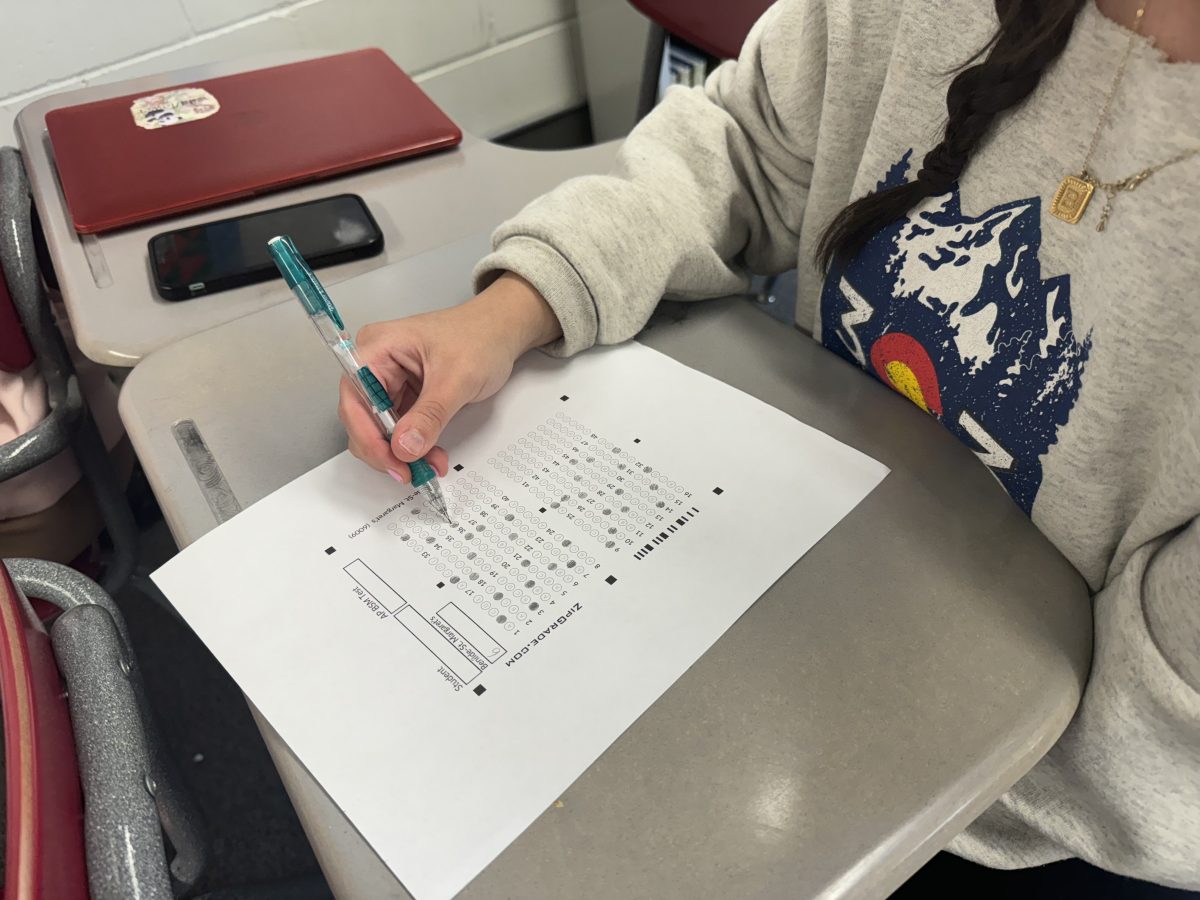At Benilde-St. Margaret’s, convocation and school gatherings are intended to enrich part of the school curriculum and help students become more socially aware of the world we live in. But could the scheduling of these interruptions be eating into class time and potentially affecting AP classes? Students and teachers have fixed opinions.
Additional class time reductions can cause trouble when teachers are trying to organize content and tests. If a class period is shortened by as little as 15 minutes, most teachers will have to reschedule their tests or quizzes to another day to give students a justifiable amount of time. Senior high AP Human Geography teacher, Cherie Vroman stresses the weight of this topic and how even minor schedule changes can make teaching harder. “So when we add [or] have additional changes to the schedule throughout the year it makes it a challenge to figure out how to reduce the curriculum we’ve already had to reduce,” Vroman said.
Students are also feeling the stress of losing class time when they get home from school. When teachers lose time to teach content, it is then put on students to learn and make up for things that may have been missed due to lessened class time. A large workload puts more stress on students who already have increasingly busy schedules and social lives. “It could make things more difficult, especially if kids have to cram in a bunch of content at the end of the year. It can make things really hard because we’re having to go and make up a bunch of class activities, then take our notes and make up lecture notes,” sophomore AP student Addison Buhl said.
I think it puts a bigger workload on both me as the teacher and the students. I find myself rushing and trying to cover more of the basic content that ideally I like to allow the students to do while we work on digging a little deeper into some of the content and working on some of the major skills.”
— Jeffery Cohen
Students aren’t the only ones seeing the consequences of lost class time. Teachers agree that the time lost during the school day makes both teaching and learning harder for everyone involved. Teachers may need to pick and choose the content that would be most beneficial for students to learn in the time given in class and then leave the rest for students to finish outside of school. This can quickly become an overwhelming routine when arranging a curriculum. “I think it puts a bigger workload on both me as the teacher and the students. I find myself rushing and trying to cover more of the basic content that ideally I like to allow the students to do while we work on digging a little deeper into some of the content and working on some of the major skills,” senior high AP History teacher Jeffery Cohen said.











































